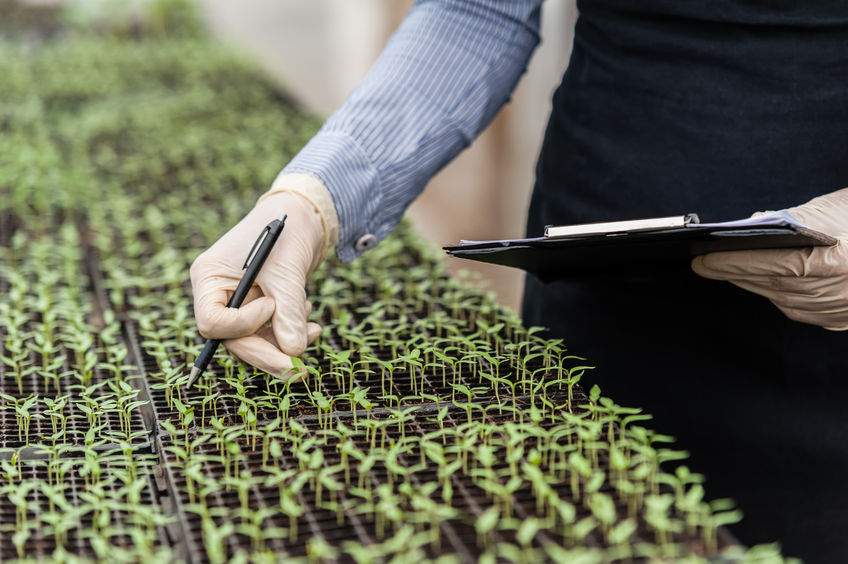EU confirms sustainability benefits of gene editing

New genomic techniques (NGTs) can contribute to sustainable food systems with crops more resistant to diseases and climate change, a long-awaited EU study concludes.
The European Commission said the techniques - which alter the genome of plants and animals - also had the potential to make farming more climate-friendly.
At the same time, the study found that the current bloc's GMO legislation, adopted in 2001, 'is not fit for purpose for these innovative technologies'.
The Commission will now start a consultation process to discuss the design of a new legal framework for the biotechnologies.
British plant breeders have welcomed the findings of the study, with crop science organisation NIAB calling it 'great news' for farmers and growers.
It comes as the government launched a consultation earlier this year on the UK's future gene editing policy in a bid to help farmers boost food production.
The 10-week consultation looked at how gene editing could 'help farmers with crops resistant to pests, disease or extreme weather and to produce healthier, more nutritious food'.
NIAB chief executive Dr Tina Barsby said: "The EU study goes further than many in the scientific community were expecting in highlighting the potential benefits of these techniques in providing faster, more precise access to genetic improvement."
The study was prompted by the problematic European Court judgement (ECJ) of July 2018 classifying the products of all new precision breeding techniques as GMOs, regardless of whether they could have occurred through natural variation or conventional breeding methods.
Dr Barby said that ruling made 'no scientific sense' and it was 'at odds' with the regulatory stance of most other countries around the world.
"It is therefore very encouraging that the Commission study explicitly recognises the need for regulatory change," she added.
The UK government has frequently made clear its opposition to the ECJ judgement, and the recent Defra consultation on gene editing paves the way for a more enabling approach to regulating the techniques in England.
Dr Barby said she hoped the UK's devolved administrations recognised the 'enormous potential' of the techniques to support 'more sustainable, productive and climate-friendly farming practices'.
“The successful development and deployment of these techniques will ultimately require a harmonised international regulatory approach," she explained.
"In terms of signalling the EU’s support for regulatory change today could turn out to be a great day for genetic innovation and its contribution to addressing urgent global challenges.”








